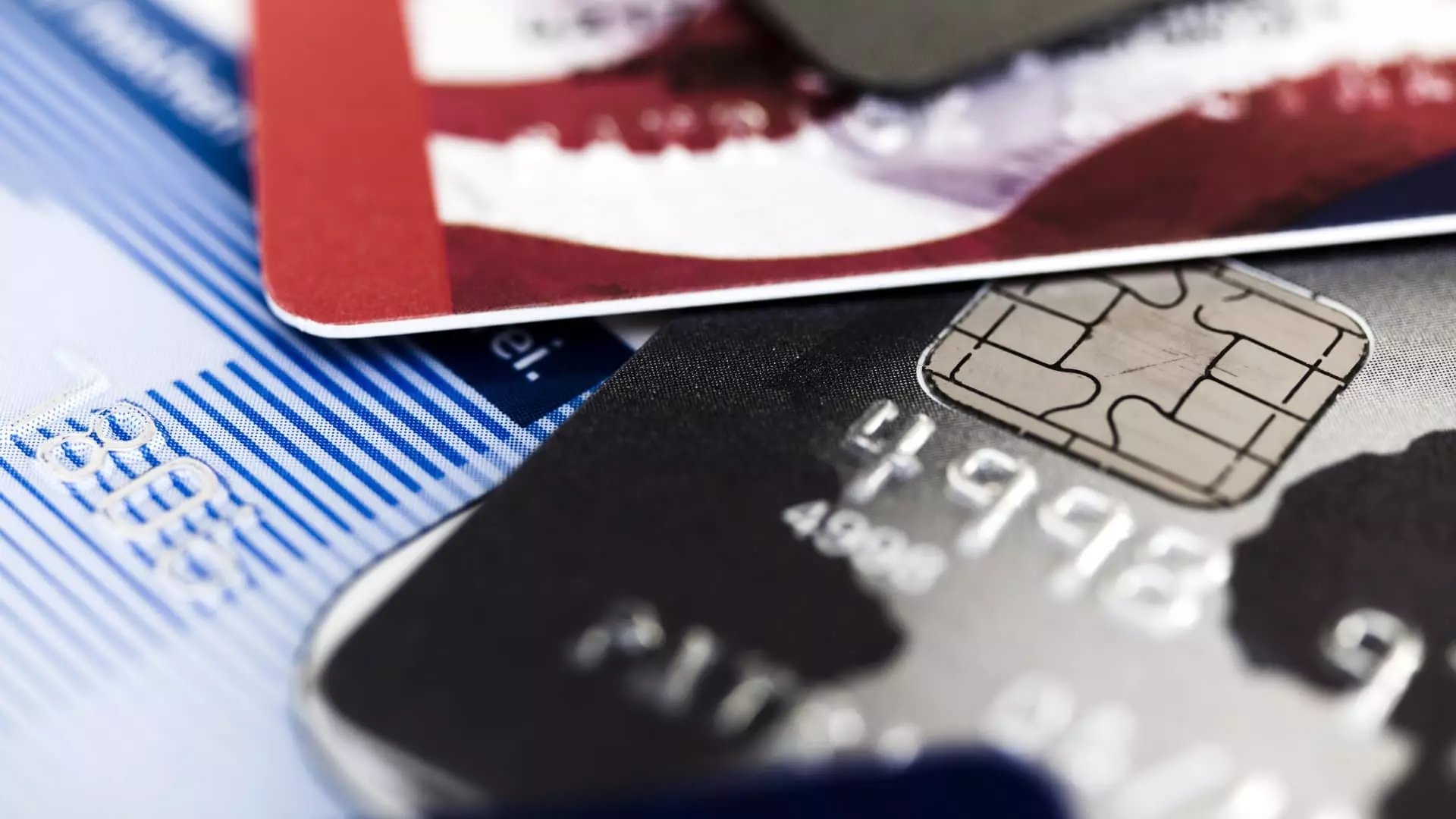The Consumer Financial Protection Bureau’s regulation designed to reduce late fees on credit cards is facing a significant challenge from the card industry, led by the U.S. Chamber of Commerce. In March, the industry filed a lawsuit against the CFPB in federal court to prevent the implementation of the new rule, which aimed to limit late fees to $8 per incident. This legal battle has been bouncing between venues in Texas and Washington, D.C., and is now approaching a critical juncture.
A judge in the Northern District of Texas is expected to announce by Friday evening whether the court will grant the industry’s request for a freeze on the regulation. This decision could delay the implementation of the rule, which was scheduled to take effect just days after the ruling. The outcome of this legal battle will determine whether Americans will continue to face high late fees on their credit cards or benefit from the cost-saving measures proposed by the CFPB.
Big card issuers have been steadily increasing late fees since 2010, which has prompted the CFPB to take action. However, the industry argues that the new regulation would unfairly redistribute costs to those who pay their bills on time and could potentially harm consumers by increasing the likelihood of falling behind on payments. Card issuers like Capital One and Synchrony have expressed concerns about the revenue impact of the rule and have discussed various strategies to offset potential losses.
The CFPB estimates that the new rule could save American families a total of $10 billion per year by reducing late penalties to $8 per incident. While consumers stand to benefit from these cost-saving measures, card issuers are exploring ways to counteract the financial impact of the regulation. This could include raising interest rates, introducing new fees, or changing their lending practices to mitigate revenue losses.
The Legal Battle Ahead
Industry analysts anticipate that the U.S. Chamber of Commerce and its allies are likely to succeed in delaying the implementation of the regulation. Whether through the Northern District of Texas or the 5th Circuit Court of Appeals, a preliminary injunction could put the rule on hold until a final decision is reached. The choice of Texas as the venue for the lawsuit reflects the industry’s perception of it being a more favorable environment for corporate interests.
The battle over credit card late fees is far from over. The outcome of the legal dispute between the card industry and the CFPB will have far-reaching implications for consumers and financial institutions alike. Depending on the court’s decision, Americans may continue to face exorbitant late fees on their credit cards or benefit from the cost-saving measures proposed by the CFPB. The final verdict will shape the future of credit card regulations and the financial well-being of millions of Americans.

